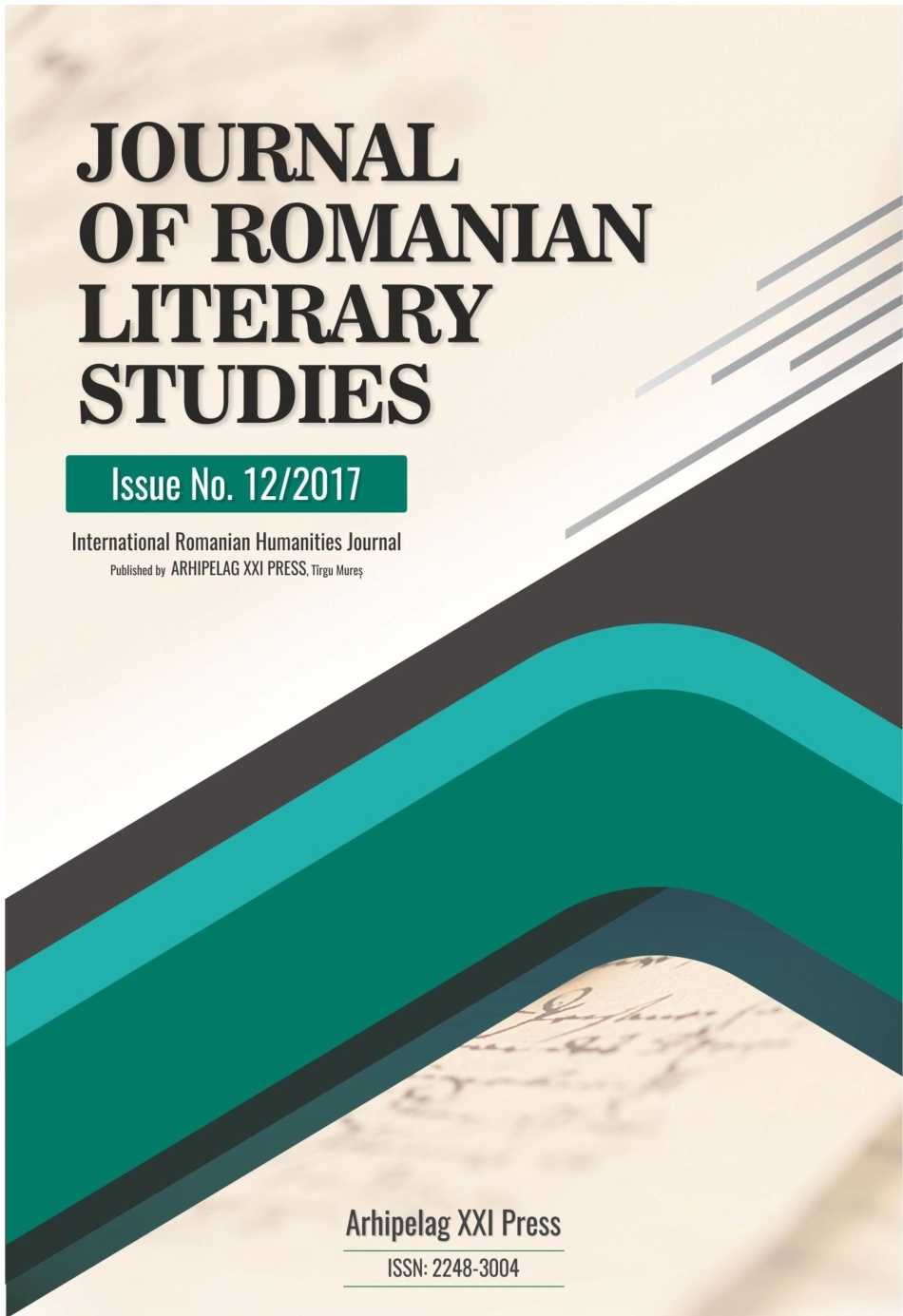FÁBIÁN SÁNDOR OR THE DIALOGUE OF AGES
FÁBIÁN SÁNDOR OR THE DIALOGUE OF AGES
Author(s): Tamás Mihók-GécziSubject(s): Hungarian Literature, Theory of Literature
Published by: Editura Arhipelag XXI
Keywords: Fábián Sándor; Hungarian poet; Forrás; ages; dialogue;
Summary/Abstract: This essay seeks to put a highlight on the Hungarian poet Fábián Sandor's work. Born in Salonta, a town from Bihor county, Romania, he brought novelty (especially with his analytical perspective) in the field of poetry, being a doctor first of all, but using his knowledge to merge it with literature. He is a representative figure of the „Forrás"(„Spring") generation of Hungarian poets from Romania, being synchronical with the șaizeciști ‒the Romanian poets from the 60`s ‒ represented by such writers as Nichita Stănescu, Marin Sorescu or Augustin Buzura. Although he is not a presence to be strongly felt nowadays, his work gained enough interpretations on the way, being linked both to Hungarian and Romanian culture. Beyond the Transylvanian epos (its nature and people), his poems are questioning such contrasts as joy versus sadness or connection with nature versus loneliness. The anthology of his works, entitled Ars Brevis Vita Idem, summarizes in many subtle manners the most profound subject of Fábián Sándor's poetry, which is the aging of beings. This lifelong dialogue of the poet's ages is suggested in lyrics through a plethora of expressionist images. Although the fading of life produces not just praises, but also regret, Fábián succeeds to illustrate them in a way only but a few poets ‒ Hungarians or Romanians ‒ had done before.
Journal: Journal of Romanian Literary Studies
- Issue Year: 2017
- Issue No: 12
- Page Range: 513-517
- Page Count: 5
- Language: Romanian

